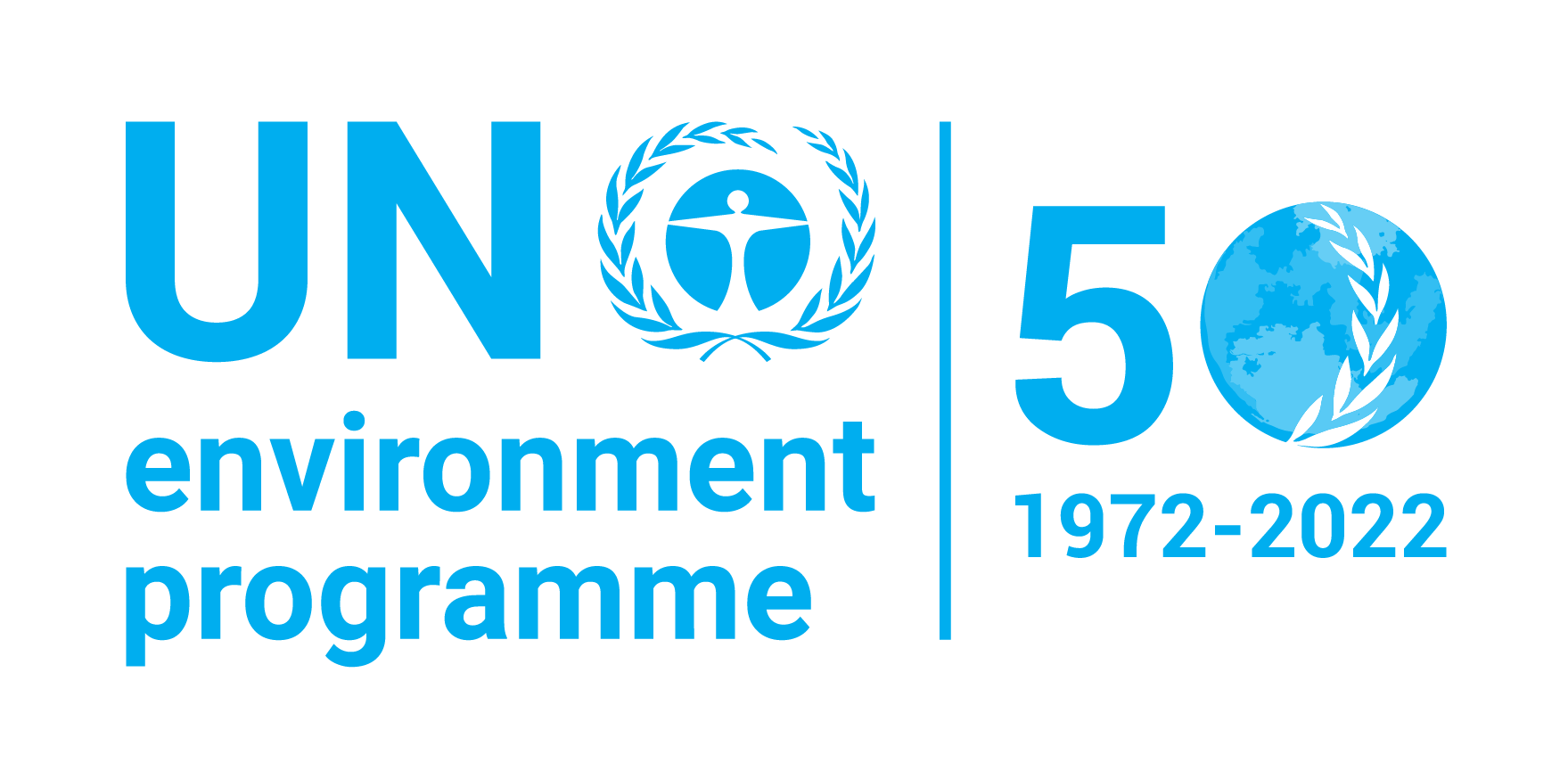| dc.contributor.author | United Nations Environment Programme | |
| dc.coverage.spatial | Global | |
| dc.date.accessioned | 2016-10-11T19:57:02Z | |
| dc.date.available | 2016-10-11T19:57:02Z | |
| dc.date.issued | 2016 | |
| dc.identifier.uri | http://hdl.handle.net/20.500.11822/7475 | |
| dc.description | This paper draws on material from 34 anonymized interviews with principals who were present during the financial crisis, and who were active in the international institutional and policy response that it triggered. It results from a workshop the UNEP Inquiry and CIGI held on 2-3 December 2014 in Waterloo, Canada to discuss options for a sustainable global financial system. The workshop included participants from a range of academic and research institutions from the Waterloo region and abroad, including the University of Waterloo, the University of London, Harvard University, and the University of Gothenburg. | |
| dc.language | English | |
| dc.rights | Public | en_US |
| dc.subject | Finance | |
| dc.subject | Sustainable Development | |
| dc.subject | Inquiry; | |
| dc.subject.classification | Resource Efficency | |
| dc.title | Making the jump: How crises affect policy consensus and can trigger paradigm shift | |
| dc.type | Reports and Books | |
| wd.identifier.old-id | 11974 | |
| wd.identifier.sdg | SDG 16 - Peace, Justice and Strong Institutions | |
| wd.identifier.sdgio | http://purl.unep.org/sdg/SDGIO_00000050 | |


